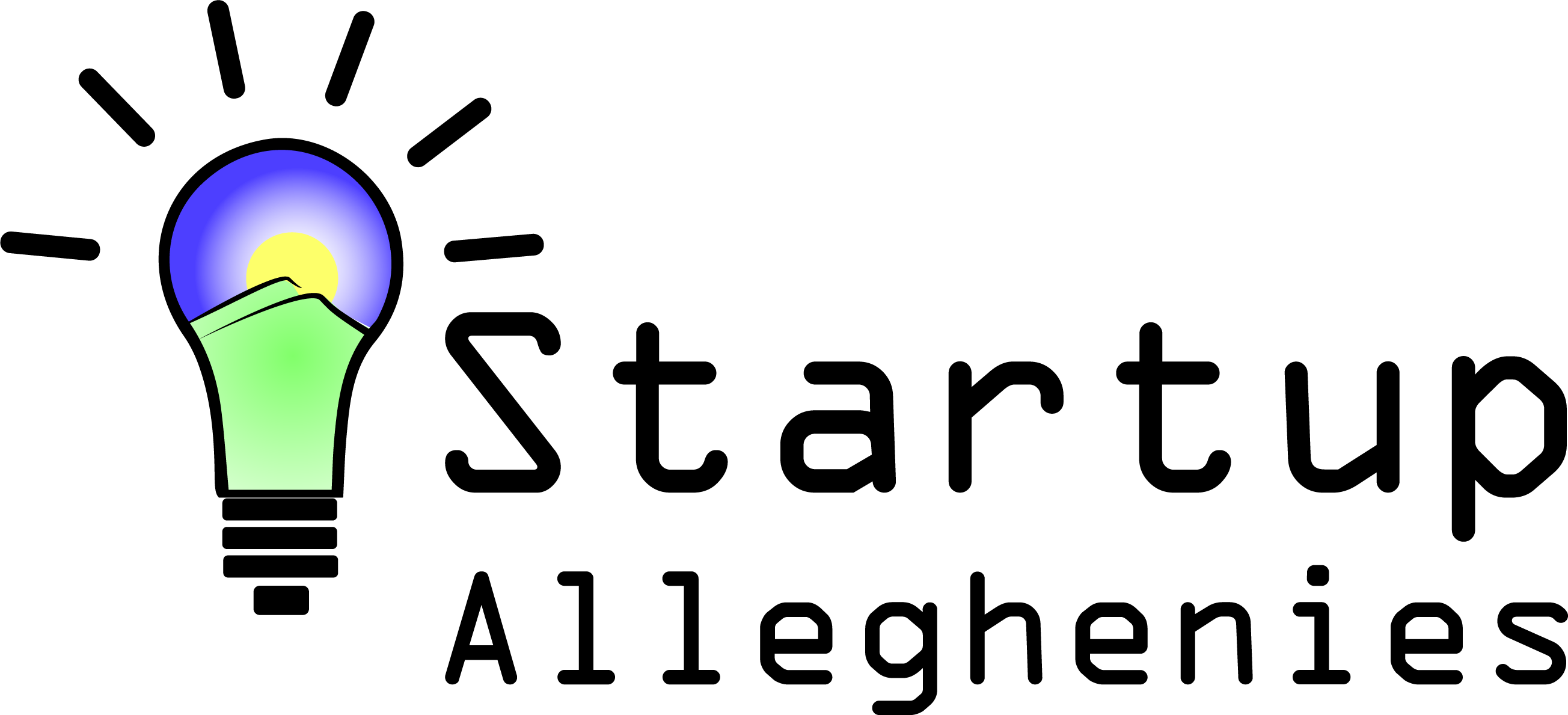You’re hiring! Human Resources expert shares employee handbook basics

Business is booming, and you are ready to hire employees. This monumental milestone is a time to celebrate, but it also opens the door to a completely different mindset. What does it take to operationalize a new employee process and workflow? Startup Alleghenies teamed up with a Human Resources expert to guide you through the ins and outs of new employees—from the handbook and policies to orientation and common mistakes. Be on the lookout for expert articles featuring key takeaways from the 90–120-minute Bootcamp sessions. You can watch Brooke Contacos’ full presentation “Preparing for Employees” here.
An employee handbook is a huge undertaking. There are labor and state laws that must be taken into consideration when formulating your policies and compiling your handbook. Human Resource (HR) expert Brooke Contacos shares a detailed outline of what should be included.
Investing the time before your first employee walks through your doors will pay off in the long run. There are a few things to consider as you begin your handbook journey.
- What is the culture in your business like, and what do you want it to look like in the future?
- Employees will not read long handbooks—try to keep them under 50 pages
- Have an efficiently formatted table of contents using headers and subheaders—if it’s digital, make clickable links to make it easy for your employees to navigate
- Determine what you want your final product to look like—will it be printed or digital?
Handbook Contents
“Starting with a welcome message from your president or CEO makes a positive impression on your employees. It should include your mission, vision and values,” Contacos shared.
Here are some key policies that should be included in every employee handbook:
- ALWAYS include an At-Will Disclaimer
- Equal Employment Opportunity policy
- Anti-harassment and anti-discrimination policies—It is recommended that every employee review and sign off on these policies annually.
- Americans with Disabilities Act
- Employment status, hours of work and timekeeping policy
- Time away from work policy
- Employee benefits
- Employee conduct policies
- Technology policies—think social media, internet usage, phone usage, etc
- Termination of employee-employer relationship policy
- Acknowledgment—make sure every employee signs the acknowledgment stating they received and understand what they reviewed in the handbook
Why are policies important?
“If they are well written and consistently applied, policies are a great communication tool to assist employees and managers, giving them the tools they need to succeed in their jobs,” Contacos said.
Here are some benefits of having sound, well-thought-out policies:
- Improve the quality of service and productivity
- Provide a positive public image in recruitment and retention
- Increase employee engagement
- Minimize the company’s employment practice risk
Still trying to figure out how to put pen to paper and get started? Contacos provided templates and guides for the most crucial policies. Connect with your Startup Alleghenies Coach today for access to these templates.
Startup Alleghenies helps startup and emerging small businesses succeed by providing free coaching to entrepreneurs in Bedford, Blair, Cambria, Fulton, Huntingdon and Somerset counties. To access personal, one-on-one support from a coach in your county, including guidance, resources, tools and networking opportunities, sign up at startupalleghenies.com.


